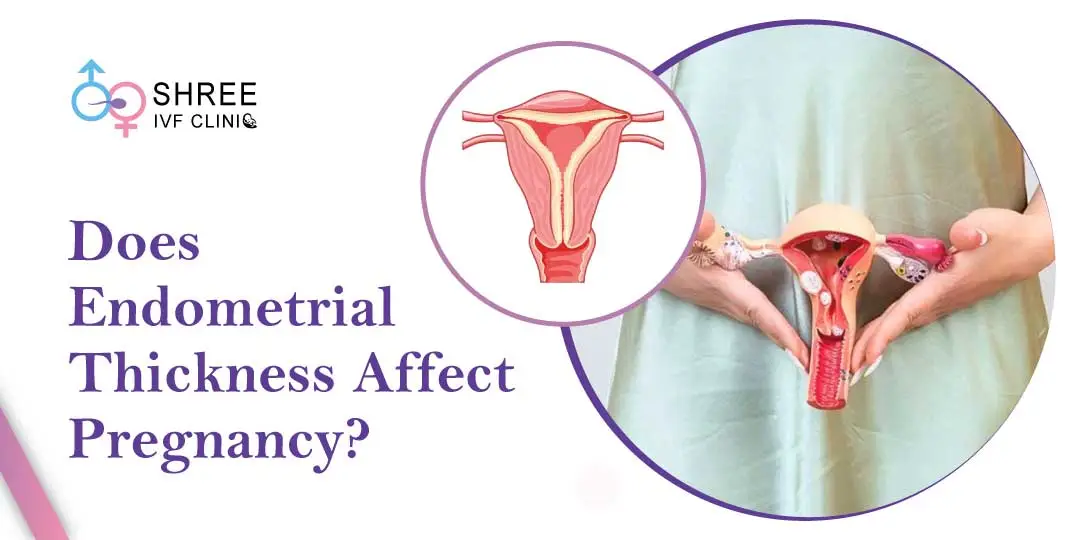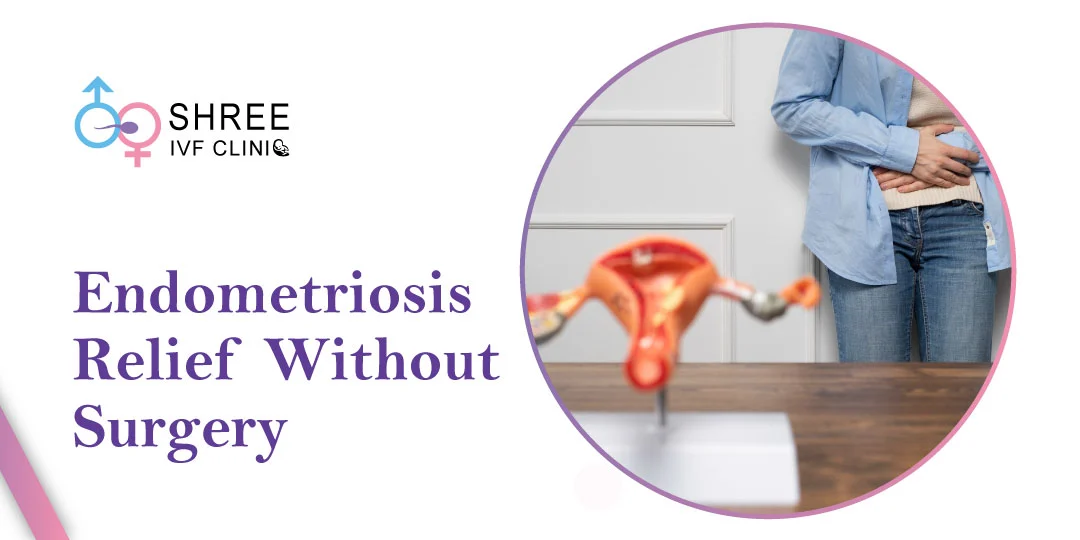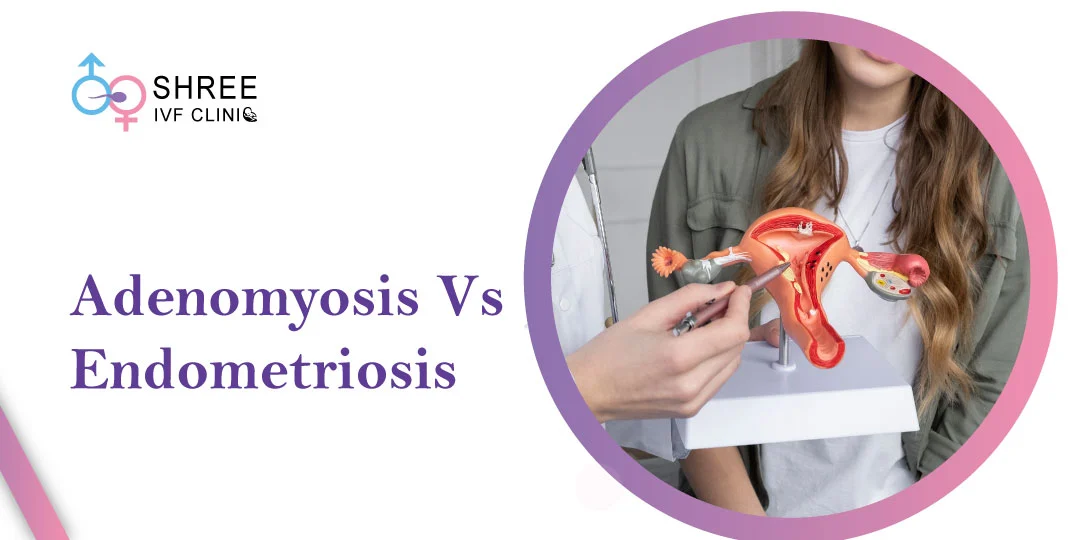How is ICSI different from IVF?
UPDATED ON 16TH JAN. 2021
Getting pregnant is one of the most desired rites of passage for couples. But occasionally, some of them fail to conceive children due to certain medical problems. Here, taking the help of artificial insemination is one of the best options they can opt for.
Many fertility treatments are available for human beings who want to have kids. And each of them has its own advantages and disadvantages. Not to mention, not everyone suits all of the treatment methods, as some are more specialized. Depending on which is best for them and their medical history, the success rate of couples differs.
Two of the most popular treatment plans in this concern are in vitro fertilization (IVF) and ICSI. Both of them are equally successful in their application, but specifically for couples who need them. Thus, if you want to opt for one of these, it is important that you do prior research. In this article, you would learn more about these two plans in specific, to analyze which is better.
AUTHOR
Dr Jay Mehta
Scientific Director & IVF Specialist with 10+ years of experience
TREATMENT
CONDITION
GET IN TOUCH ON
What is ICSI?
ICSI stands for Intra-Cytoplasmic Sperm Injection. In this treatment plan, the embryologist selects one sperm and uses a fine needle to enter it into the egg of the female body. When this sperm properly goes into the cytoplasm region of the egg, the fertilization is successful. After the embryo fertilizes, the entire egg is moved to the womb.
The main people who opt for the ICSI treatment are the male partners in a pair. If they have fertility problems like seeing very little sperm count in their semen, they can have a successful pregnancy using ICSI. This is because the main aim of this procedure is to make one sperm penetrate into each egg. Considering the sperm cannot move adequately in a natural manner, this gives just the push for successful fertilization.
There is a lot of success potential with this particular treatment for insemination. Statistically, 8 eggs out of 10 would fertilize well using this method. Thus, overall, the fertilization rate percentage here is 80-85% among couples.
How does ICSI work?
In terms of the natural fertilization process, the main steps are that the sperm’s head attaches to the egg’s outer layer. After this attachment, the sperm try to push into the cytoplasm, which is the inside portion of the egg. The best one crosses through the outer layer and thereafter, fertilization is possible.
However, when the sperm cannot pass this step due to a hard outer layer or other reasons, ICSI is helpful. During this process, doctors use a micropipette, a small glass needle, to inject one sperm directly into the egg. After this, the fertilized egg stays inside the laboratory until 5 days or lesser. The specialists test the specimen and then they put the egg inside the womb or uterus of the woman.
Differences ICSI and IVF
While both are a derivative of IVF, there are many points of difference between the conventional IVF and ICSI process. They are as follows
1. Compatibility
IVF is recommended for fertilization issues related to the ovulation process in women. These include problems like polycystic ovary syndrome or any genetic disorder. Plus, if the Fallopian tubes are damaged, blocked, or absent, regular pregnancy is also impossible. In such cases and other related disorders, IVF is the most suitable method.
On the other hand, ICSI is more suited for cases of infertility in men. The common issues here are lower sperm count, a higher number of abnormal sperms, or bad sperm mobility. The medical names of these conditions are asthenozoospermia (lack of sperm movement) and oligozoospermia (low sperm count).
Plus, some people get a vasectomy and then get their sperm frozen for future use. Hereafter, ICSI works here too.
2. Rate of fertilization
Under the two cases, IVF fertilization occurs in around 50% of eggs successfully. As for ICSI, around 50% to 80% of the eggs that the embryologist injects with the sperm fertilize.
3. The procedure
In terms of the process, too, there are differences. In the case of traditional IVF, the specialists place many sperms close to the egg hoping that one of them would fertilize the egg naturally. In contrast, the doctors take one sperm directly and put it inside the egg in the case of ICSI.
4. Number of sperms or eggs
In terms of which is better than the other, there are no set clauses. Which is a better choice for you depends on your particular case. If there are a lesser number of viable eggs, doctors choose ICSI over IVF. This is because IVF focuses on the best sperm to win, while in ICSI, one sperm is enough to fertilize the egg.
5. Outcomes
IVF does not always have the best outcome in reproductive cases. However, ICSI does have a good outcome rate.
Yet, during cases where male infertility is not visible, both the IVF and ICSI techniques work favorably. And there are no differences between the two as the multiple studies on the two have shown. Thus, if there is no male factor infertility, ICSI is neither more nor less effective than traditional IVF in patients.
6. Other factors
Things like the quality of the sperm or egg, and the reason for infertility in either partner is necessary to consider. Plus, the overall health condition of the patients also counts in either treatment plan.
Not to mention, how good the embryologist teams also determine if the IVF would gain success or ICSI.
None of these factors are directly related to either treatment plan and their functionality.

4,790+
379K+
” Every individual and couple’s journey is unique, and
finding the right solutions tailored to their specific
circumstances can make all the difference “
Why do doctors prefer ICSI?
Given the ease of usage and success potential, most fertility clinics opt for ICSI over IVF. This is suitable for most cases of artificial pregnancy, even if there is no issue of male infertility. Patients can opt for either technique but ICSI is more preferred of the two.
Not only is it a good procedure for male infertility cases, but also because there is a lesser possibility of fertilization failure. Other reasons include the following.
- If the IVF was previously unsuccessful
- During vitrification, the egg’s outer layer may freeze too hard. That makes regular fertilization difficult.
- During PGT (Preimplantation Genetic Testing), the extra sperm nearby can affect the outcome. ICSI would allow doctors to directly enter the sperm into the egg, and thus, the other sperms cannot interfere.
Conclusion
Overall, both the artificial insemination techniques of ICSI and IVF are successful to help patients gain positive pregnancy. However, which is better for you depends on your medical condition. It is important to contact the doctors directly for this.
AUTHOR
Dr Jay Mehta
Scientific Director & IVF Specialist with 10+ years of experience
TREATMENT
CONDITION
CALL US 24/7 FOR ANY HELP
GET IN TOUCH ON
Share Article on
Recommended Reading
Endometriosis Thickness and Its Impact on Pregnancy
A good endometrial thickness (8-14 mm) is essential for pregnancy, especially in women with endometriosis. Learn how it impacts fertility and conception
How To Cure Endometriosis Without Surgery?
Endometriosis symptoms can be managed without surgery. Medications, natural remedies, and lifestyle changes help to manage symptoms
Difference Between Adenomyosis and Endometriosis
Endometriosis causes tissue to grow outside the uterus, while adenomyosis leads to growth within the uterine muscle




